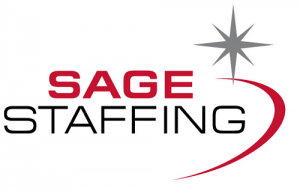A degree in accounting can be your ticket to a thriving career across a diverse range of industries. As an accounting graduate, you can look forward to higher-than-average salaries and multiple opportunities for growth and career advancement. If you’re thinking about taking up accounting, or you’re wondering what exactly your options are aside from being a Certified Public Accountant (CPA), here’s a look at a few interesting careers.
Management Accountant
Management accountants are tasked to perform computational analysis to guide an organization’s overall business strategy. It involves compiling and completing information to define business objectives, including public policy, marketing trends and industry predictions.
Because most management accountants are tasked to lead teams of accountants, they need to have a knack for business management and leadership. Management accountants are needed in both the private and public sector anywhere in the world, making this a high-demand career.
Public Accountant
Public accountants help people and corporations with a wide variety of financial tasks, such as reviewing financial records, complying with fiscal regulations, filing income taxes, and providing general accounting and financial advice.
Whether you’re working in a private practice or as part of an accounting firm, public accountants need to be able to understand the needs of their clients to provide the best possible accounting and financial advice. Because of the nature of these tasks, public accountants need to have strong communication and customer support skills.
Forensic Accountant
Forensic accountants specialize in auditing the financial records of private companies, government sectors and/or non-profit organizations to establish fraud, liabilities and valuation. These accountants are the people who sniff out any fraudulent activity in a company’s books, provide evidence for cases in court and perform calculations for insurance companies to determine liabilities.
While forensic accountants don’t need a graduate degree, they do need a CPA license or Certified Fraud Examiner license.
Financial Analyst
A career as a financial analyst involves determining cost-benefit analyses of investment activities, such as buying and selling investments. Financial analysts have a wide range of responsibilities, including determining the potential gain and loss of certain stocks, mutual funds, estates and other types of investments. Analysts must be able to read data, spot market trends, and make the appropriate recommendations to their clients on which investment holdings they should buy or sell.
Looking for a new job?
For more career insights for accounting professionals, be sure to follow this blog. If you need help looking for opportunities in accounting or payroll, schedule a consultation with the staffing services specialists of Sage Staffing in the Antelope Valley. Call our offices to learn how we can help you.



Leave a Reply